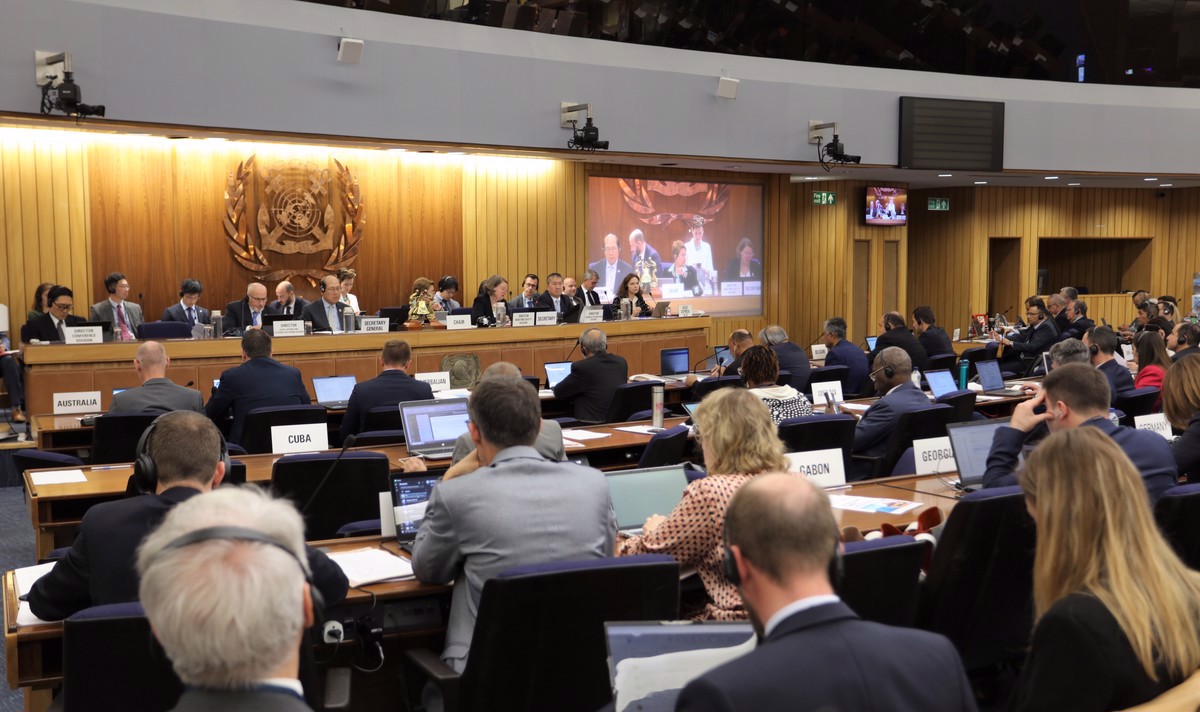MEPC 80: Public-private partnerships crucial to drive shipping decarbonisation
The IMO's revised greenhouse gas (GHG) strategy has marked a significant turning point for shipping, but public-private partnerships will be needed to build momentum, Getting to Zero Coalition says.
 PHOTO: The IMO adopted a revised GHG strategy last Friday. IMO
PHOTO: The IMO adopted a revised GHG strategy last Friday. IMO
The IMO’s Marine Environment Protection Committee (MEPC) adopted a new GHG strategy last Friday with the ambition of achieving net zero emissions "by or around" 2050. The revised targets include a 20% reduction in greenhouse gas (GHG) emissions by 2030 (striving for 30%), and 70% cuts by 2040 (striving for 80%).
Getting to Zero Coalition, an industry-led coalition, says these targets should send a strong signal to the market. But it is simultaneously under no illusion about the ambition of these checkpoint targets, saying they will fail to align shipping with the Paris Agreement goal of limiting global warming to 1.5°C above pre-industrial levels.
National governments, regional regulators and the shipping industry should collaborate to maximise investments in zero-emission shipping, it argues, and this will pave the way to more green fuel production.
Public-private initiatives such as green shipping corridors are “key for unlocking decarbonisation potential by building confidence, showcasing opportunities and managing risk," it said.
Before the IMO's mid-term policy measures enter into force, such partnerships will ensure that zero-emission technologies are sufficiently mature, it adds. The IMO is expected to adopt mid-term measures in 2025, and these can then enter into force from 2027 at the earliest.
Lessons from these partnerships will also help the IMO to address the shortcomings in the current GHG strategy. The IMO is expected to revise its global GHG strategy again in 2028.
By Nithin Chandran
Please get in touch with comments or additional info to news@engine.online





